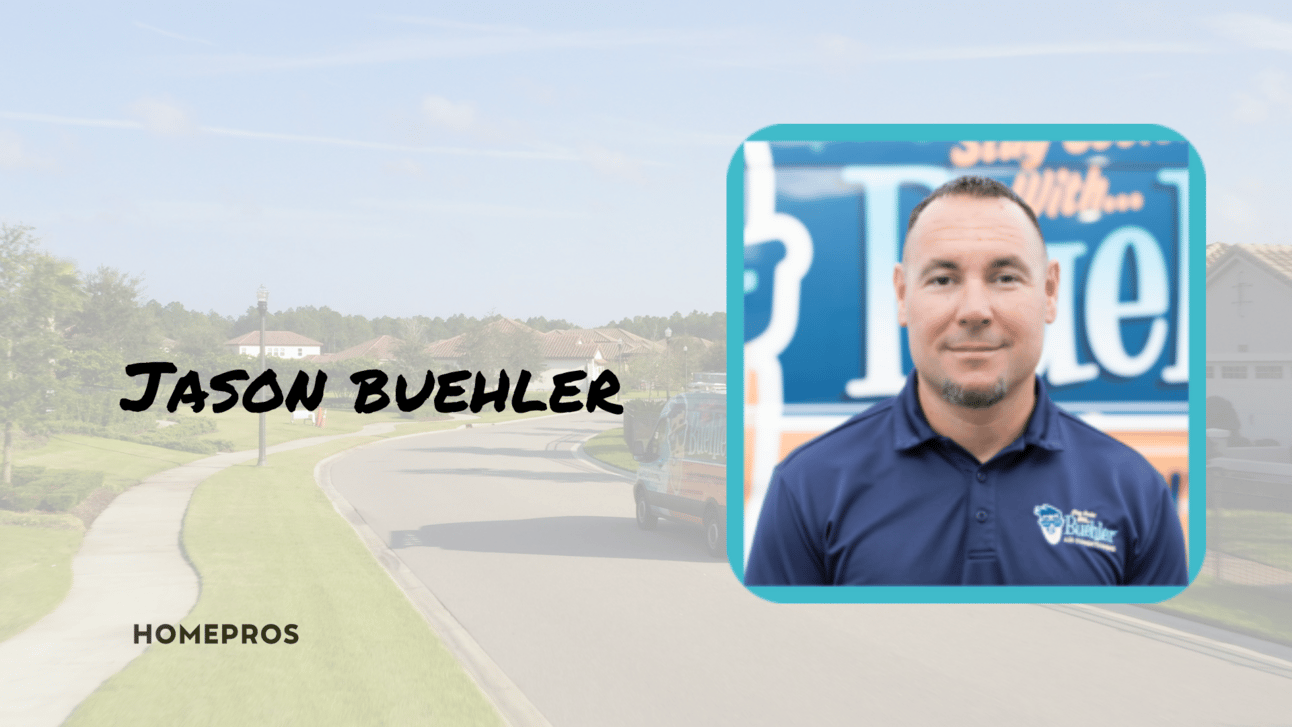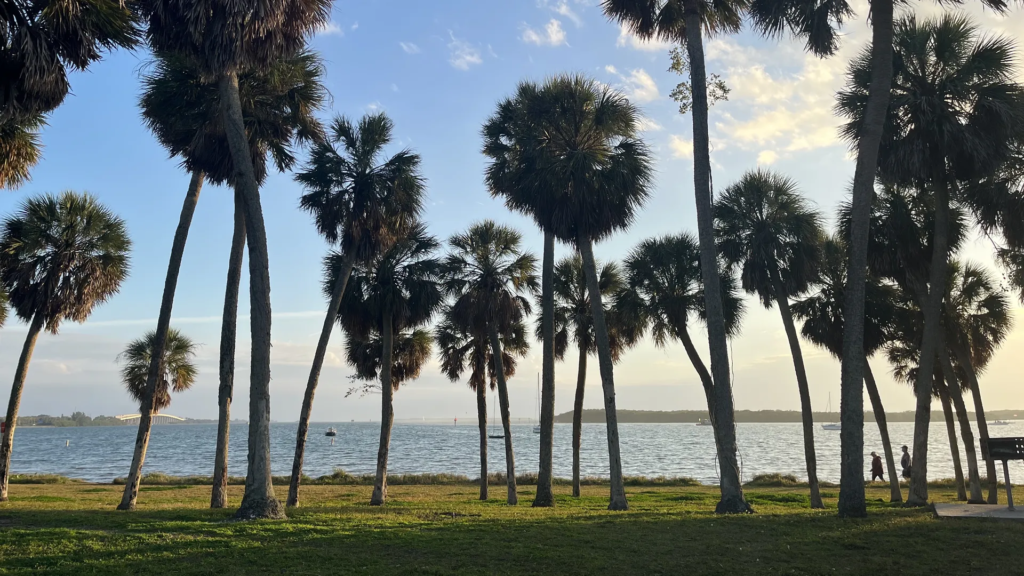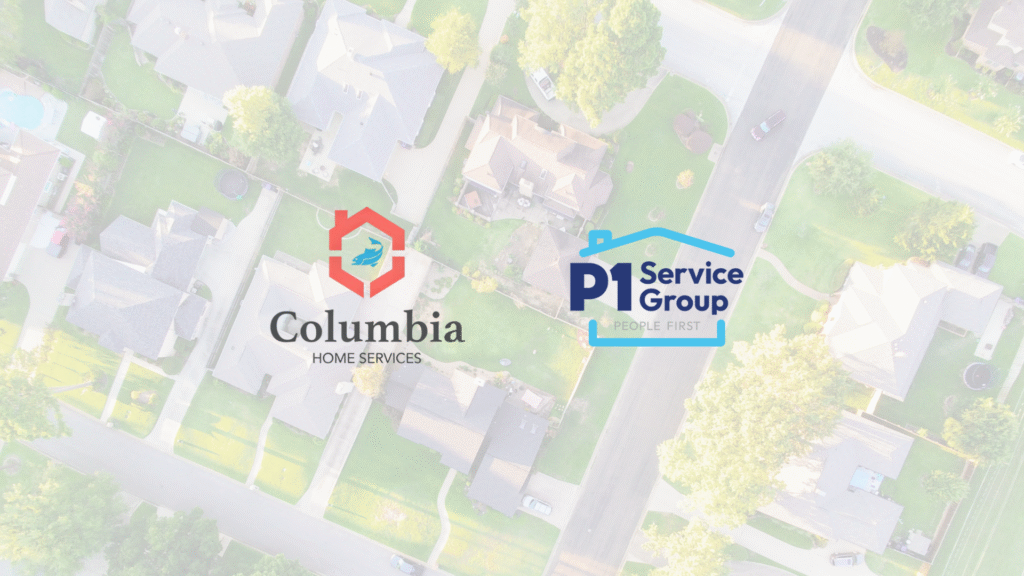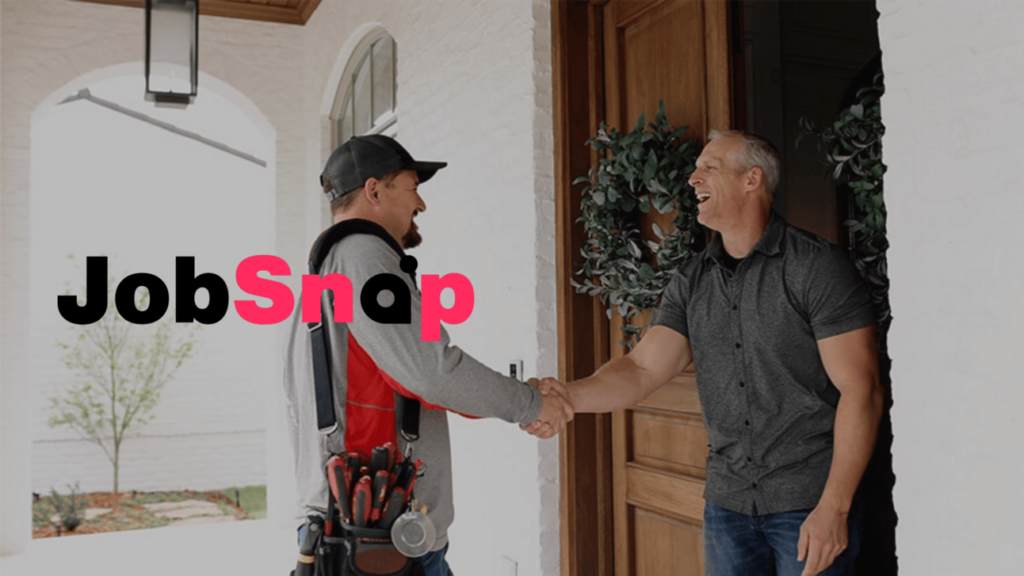How reputation can build a $20 million business with Jason Buehler
Notes on retailing, reputation, and the years ahead in HVAC

❝
We’re looking for customers who value our relationship, and we’re okay not doing business with transactional customers. We’re okay walking away from a job.
Jason Buehler is the founder and owner of Buehler Air Conditioning. Over the past decade, he’s built his company into a $20 million, reputation-focused business with over 15,000 customers.
We talked to him about his views on contracting versus retailing, reputation, the year ahead, and more. Our conversation has been lightly edited for clarity.
Can you walk me through your company’s background?
I grew up in Dayton, Ohio, and worked for a friend's dad’s HVAC company out of high school. I had some family in Jacksonville and ended up here. I thought there was a lot of opportunity and that it was an inspiring place to have a career.
I did a couple of stints (at another HVAC company and Trane) before the end of ‘09 when the economy was bad. I’d saved some money, had 3 small kids, and decided I wanted to start from scratch. So I launched in April 2010 as Air Source America; 2010 to 2012 were tough years. We grew it slowly to 8 trucks and $2.5 million in revenue by 2018, but I was frustrated because I thought we could do better.
You ended up doing a deal with Legacy Service Partners. How’d that happen?
In 2018, I found a company called Kickcharge Creative, hired them, and we re-branded as Buehler. We wrapped 8 or 10 trucks, launched radio campaigns, and started gaining some momentum.
Over the next few years, we acquired a smaller company, increased our marketing spend, did business trainings, hired a new website company, and dialed in. I also got to know Fred with SF&P Advisors and stayed in touch. By 2022, we were tracking to $13 million in revenue.
PE had moved into our area and I wanted to see what all of that looked like, but I didn’t want to sell 100% of the business. We wanted to keep betting on ourselves and control our own destiny. So I kept in touch with Fred, and in 2023, we partnered with and sold 70% to Legacy. We thought we’d still have a nice runway and be able to capture significant upside when we re-sell.
What are a couple of best practices that helped you scale?
Well, we developed a reputation where we were the safest bet to hire. If a customer’s not happy, we’ll give the money back. And our employees know that, too. So reputation is one of the principles that we built the foundation of the company on. A lot of business owners are transactional, and everything we do is relational. We’re looking for customers who value our relationship, and we’re okay not doing business with transactional customers. We’re okay walking away from a job.
The other thing is we’re not a contracting business, we’re a retail company — we’re retailers. The difference is a contractor looks at a job, bids it, and says, “I can do this in a week and can make x% on this job,” and that’s contracting 101. Retailing is different because, for every job we go to, we price it to where we can do a great job, buy the best materials, hire the best people, stay late if necessary, and collect money that day. We wanna have a 10-year cycle with every customer.
❝
If you hire a contractor to build a fence and they don’t wow you, you’ll call somebody else. But if you’re a retailer and you do a great job, they’ll tell their friends.
What else does retailing include, in your view?
We stay in contact with customers every month via email newsletter and send them Christmas cards. Retailing is where you do such a good job that they don’t wanna call anyone else. If you hire a contractor to build a fence and they don’t wow you, you’ll call somebody else. But if you’re a retailer and you do a great job, they’ll tell their friends.
If someone’s interested in an air conditioner, we’re gonna send out a project manager. They’re gonna call and say they’re on the way, park a certain way in the street, put shoe covers on, show them pictures, and build so much value that they want to do business with us even though they got 3 other prices.
And then after that job is complete, the PM goes back out and spends 20 minutes asking if we left mud or fingerprints. If anything’s damaged, we’ll fix it, or send a carpet cleaner.
What were some big challenges you guys faced when growing?
When you’re $3 to 5 million, every person showing up every day is vital. And sometimes you’ll cater to employees or customers more than you should because it’s such a small team. But when you get to $7 million or more, your team grows and your standards get raised whether you want them to or not. There’s a new floor of what’s acceptable.
At $3 to 5 million, you’re at the mercy of the distributor, and when you grow, you gain leverage. So you can say, “I need x in stock and a guarantee that it’ll be there or I’m gonna go somewhere else.” During Covid, we could buy $1 million of inventory with a guarantee, and guarantee those jobs, where smaller contractors couldn’t.
Thoughts on private equity in the industry?
I think there will always be a place for smaller contractors because it’s such a fragmented industry. But 75 years ago, there wasn’t a Home Depot or Lowe’s that dominated, and I think that’s what will happen with home services over the next 20-30 years.
I think there’s too much activity with private equity right now and some of them will fail; we’re already starting to see the cracks. I think you’ll see a couple of these big conglomerates merge and go public. Apex buys Service Champions, Wrench Group buys Turnpoint, or maybe all four get together and go public. And when that happens, there will be a lot of smaller ones that get consolidated into those big ones. So I think there will be a Home Depot or Lowe’s of home services.
Thoughts on new construction?
We’ve never participated in it. New construction at its core is contracting, not retailing. It’s long jobs, slim margins, and slow pay. So that’s why nobody likes it. You get spoiled as a retailer because you go install $50k worth of air conditioners and collect that day. In new construction, you send out a crew to put in the duct, then wait, then go put in equipment, then wait.
If we’re cash-flowing, we can provide benefits. If we were a contracting business waiting on money, we wouldn’t be able to provide any of those things.
❝
And all these years later, contractors will call and say, “How’d you do that?” We just stuck with what we were good at and didn’t chase every carrot that came along.
What are you paying attention to in 2024?
Well, we just came off the best 3 or 4-year run in home services history and it’ll never be like that again. Leading up to 2020, there was steady growth, but when 2020 hit, it became a popular thing to do to fix up your house and spend money. Interest rates were the lowest they’ve ever been and you were stuck in your house. In 2020-2022, we literally eliminated a few years of future demand.
For the first ten years, I didn’t have a branding strategy. It was all transactional advertising. When I got with Kickcharge Creative, I realized the power of branding. People respond more to branding than they do to low-dollar ads. When we re-branded, we noticed that when people searched and saw us and two other companies, they picked us at a much higher click because they saw our catchy designs driving around town, they heard us on the radio, and they saw us on Facebook.
So my outlook for ‘24 and ‘25 is that if you’re not a great marketer, you’re probably gonna go backward. We’ve invested in our call center to make sure we’re good at booking calls, and we’re gonna spend more money on marketing this year than we ever have — in a really over-the-top campaign.
Do you have any counterintuitive philosophies?
My whole time in business, people told me to add new construction or pick up commercial, and I’ve always stuck to my guns and said no. I just want to be a retail air conditioning company, and I think it’ll pay off in the long run.
I always thought that if I just stuck with what I was good at, and to my beliefs, I would have the most success. And all these years later, contractors will call and say, “How’d you do that?” We just stuck with what we were good at and didn’t chase every carrot that came along. We still believe that.
What do you like to do outside of work?
I like to spend time with my family on the weekends. My wife’s into horseback riding — she and my daughter both do shows. I’m into offshore fishing; I have a twin-engine center console boat. I fish local tournaments for wahoo, mahi, and even yellowfin tuna.
I’m still really close with my family, and I like taking a couple of cool vacations a year with them. And I really like to have a lot of friends and build relationships.
If you could have dinner with anyone in history, who would it be?
I’d say John F. Kennedy. I’d like to know what he did to get through bad situations. I’ll go with that one.
Anything else you want to say?
There’s a good quote about how A students work with C students. Basically, IQ gets talked about a lot, but there are other types of smarts — your EQ, your Adversity Quotient (AQ), and your Social Quotient (SQ).
All of my success is that I have exceptional EQ, AQ, and SQ, and that I can stay true to my word and work past rough patches. I don’t have an exceptional IQ. But so many times in business, that gets discounted. And I think it’s important that people see you can have a high-school education, not a Harvard or Princeton degree, and build a $20 million-a-year business.
📬 Get our stories in your inbox
Keep reading
HVAC investments flowing to the South, analysis shows
Between 2022 and 2024, private equity-backed platforms favored the South when making acquisitions, according to a new analysis
Columbia Home Services, P1 Service Group near merger
The deal will mark the third platform-level HVAC transaction this year, and represents the first true merger between established groups
JobSnap looks to connect contractors directly with homeowners
December 18, 2023


